QUICK LINKS: Practice Support Tools | Patients | Find a Neuro-Ophthalmologist | NOVEL | YONO Portal | Our Journal | Fellowships
NANOS Heroes - Dr. Kimberly Winges
VOLUNTEER CORNER - NANOS HEROES
Meet our October hero and NANOS 2020 Merit Award recipient, Dr. Kimberly Winges.
DR. KIMBERLY WINGES
|
|
|
Kimberly Winges, MD |
Ophthalmology or Neurology? Ophthalmology
What was the best clinical pearl you learned in fellowship?
When taking a history of present illness, see if you can get the patient to re-create their symptoms in clinic. For example, with diplopia, have the patient put up their hands in front of their face to show you how they see double (Is one image rotated? How far apart are they?). Having the patient recreate their symptoms often points you to both the severity of their condition and the diagnosis far before your exam.
What are the top 3 things you’ve learned over the last 5 years?
1) You may not have a great answer, but you are likely the most knowledgeable person in the room, so accept that modern medicine doesn’t always have the answers and know your evidence when it does.
2) Doctoring is as much listening and being a consistent presence for the patient as it is performing tests and providing treatments. Sometimes I feel like a therapist, and that’s ok.
3) Career satisfaction is what you make of it and it will evolve with time—be open to new opportunities to change your perspective, responsibilities, or setting. It keeps you humble and challenges you to stay engaged.
Tell us about your involvement with NANOS!
I attended my first NANOS meeting in 2007 as a Howard Hughes Medical Student Fellow and was attracted to this close-knit group of accomplished clinicians and educators, who were as down-to-earth as they were brilliant and dedicated to life-long education. NANOS as a “tribe” inspired me as much as the actual pathology in neuro-ophthalmology. As such, I presented multiple platforms and posters in training, including a Best Abstract Award as a fellow, and I have attended every meeting since my second year of residency. I volunteered on a whim for the Women in Neuro-Ophthalmology (WIN) Committee and later served as its chair, where I had my first opportunity to develop part of NANOS and to advocate for my female colleagues. By growing WIN and forming instrumental partnerships with other organizations, my career and our society has benefited.
What would you say to members who want to be more involved in NANOS?
Take advantage of our small, intimate network—we are as approachable as we look! Volunteer for one activity or committee you think you’d be good at, and one thing of which you have little expertise. Use this society to explore your interests in research and clinical knowledge, or develop other skills that aren’t taught in medical school, such as business, advocacy, and social justice. If you have a unique skill or connection to an outside organization, help build the NANOS network by connecting them and/or using your expertise to educate NANOS members, as we all grow that way.
What do you know at this stage in your career that you wish you knew when you first joined NANOS?
Not just those individuals whom I admire and revere, but also those whom I’ve mentored in their early stages, have become my mentors in return. This has brought me much fulfillment and happiness in my career thus far. Sponsor and promote your colleagues, and it will come back to you in friendship and partnership for life.
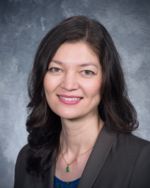







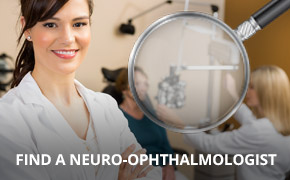
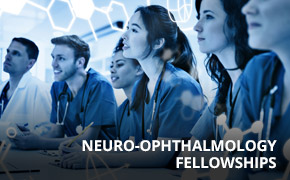

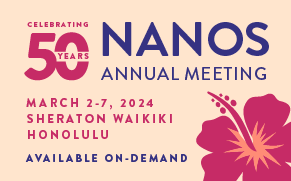

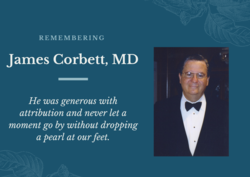
_250x90.png)
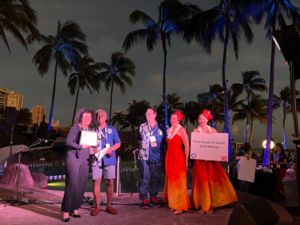
_157x155.png)